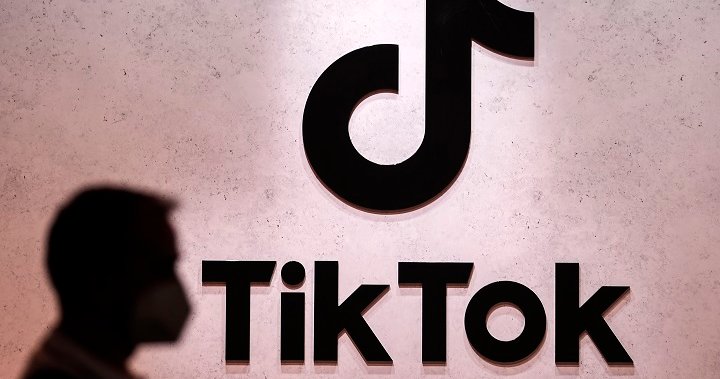TikTok ban: U.S. lawmakers look to block app over China spying concerns – National | Globalnews.ca
Republican Senator Marco Rubio on Tuesday announced bipartisan legislation to ban China’s popular social media app TikTok, ratcheting up pressure on owner ByteDance Ltd amid U.S. fears the app could be used to spy on Americans and censure content.
Read more:
TikTok survey finds ‘hoax challenges’ are scaring teens. What’s being done?
Read More
-
![]()
TikTok survey finds ‘hoax challenges’ are scaring teens. What’s being done?
The legislation would block all transactions from any social media company in or under the influence of China and Russia, Rubio’s office said in a news release, adding that a companion bill in the U.S. House of Representatives was sponsored by Republican congressman Mike Gallagher and Democrat Raja Krishnamoorthi.
ByteDance did not immediately respond to a request for comment.
The bill comes as scrutiny of TikTok has grown in Washington in recent weeks, after a failed bid by the Trump administration to ban the video-sharing app.
At a hearing last month, FBI Director Chris Wray said TikTok’s U.S. operations raise national security concerns, flagging the risk that the Chinese government could harness it to influence users or control their devices.

In 2020, then-President Donald Trump attempted to block new users from downloading TikTok and ban other transactions that would have effectively blocked the apps’ use in the United States but lost a series of court battles over the measure.
Read more:
Ex-TikTok content moderators sue over ‘extremely disturbing’ videos
The U.S. government’s Committee on Foreign Investment in the United States (CFIUS), a powerful national security body, in 2020 ordered ByteDance to divest TikTok because of fears that U.S. user data could be passed on to China’s communist government.
CFIUS and TikTok have been in talks for months aiming to reach a national security agreement to protect the data of TikTok’s more than 100 million users.
— Reporting by Alexandra Alper; Editing by Jonathan Oatis, Alexandra Hudson
© 2022 Thomson Reuters
For all the latest Technology News Click Here







